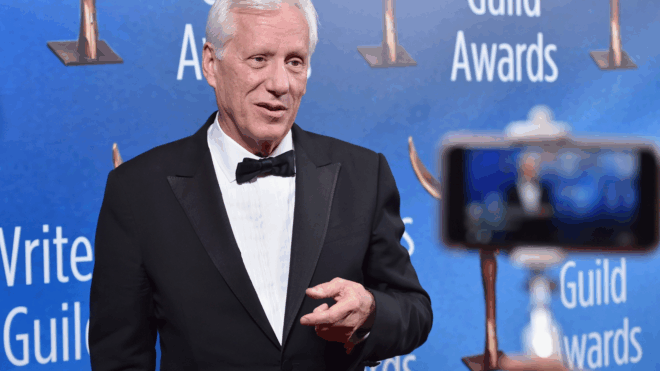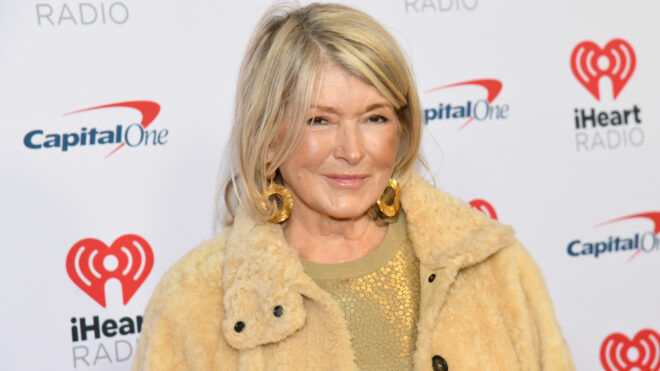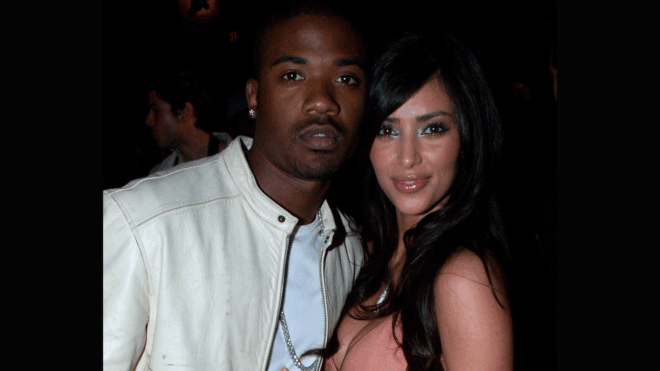In November 1969, American children and their families were given a gift: The first episode of Sesame Street aired on public television stations on the 10th of the month. In the decades that have followed, children around the world have been able to enjoy the truly incredible programming that Sesame Street provides.
The show has never shied away from tackling conversations and topics that might be tough to have with young children, and the team manages to do so with a level of competence and grace that is unmatched. So it should come as no surprise that Sesame Street will be back at it later this month when it airs a 30-minute special about racism.
Many parents, especially white parents, in the United States struggle to talk about racism with their young children. Many parents, especially Black parents, in the United States don't get the luxury of struggling to talk about racism because they live it every single day of their lives. This reality makes Sesame Street's upcoming episode all the more powerful, as it will allow parents and children to watch the episode together, and it will allow organic conversations to flow as a result.
The episode is produced by Sesame Workshop, the nonprofit behind the hit series. The episode is titled "The Power of We," and it will reportedly deliver a powerful lesson to families.
Not only will "The Power of We" define racism in a way that is easy for the young and older (and even old!) to understand, but it will also teach children what to do if they encounter racism in their own lives.
Notably, the episode will focus on teaching children who witness racism but don't directly experience it that they have a responsibility to tell an adult. After all, racism is a cruel expression of deeply rooted bigotry, and it's harmful (and even fatal) to the people who experience it.
Gabrielle the Muppet gives kids salient advice that's easy to process. "When you see something that's wrong, speak up and say, 'That's wrong,' and tell an adult."
The beauty of the episode is that while it's ostensibly for children, parents and caregivers who watch alongside the kids in their lives can learn something, too. It doesn't do a victim of racism a lot of good if another child reports the racist action to an adult who doesn't understand racism, or who actively denies it's a problem in the United States and around the world.
In keeping with the present reality of many of us, "The Power of We" is presented in a Zoom-like format, to show everyone that the Muppets are taking this virus seriously, too.
The episode will also be available across the board via HBO Max, PBS 24/7, and PBS Kids on October 15.
While many of the Muppets we all already know and love will be part of the episode, the team isn't shying away from making very direct — and timely — examples.
In one skit, a Black Muppet is told by a white Muppet that he can't play superheroes with the rest of the kids because superheroes are white. The Black Muppet is hurt but insists that he can play. Then, as so many Black children and adults have been forced to do, he gently walks his white counterpart through the reasons why racism is wrong and why it hurts.
At the end of the skit, the white Muppet apologizes, and everyone rallies around a central message: "Racism hurts and it's wrong."
In another skit, Elmo and his friend Tamir sing a song titled "How Do You Know?"
In the song, Tamir asks, "Hey, Elmo, how would you feel if I said, 'I don't like you 'cause I don't like the color red?'" Undeterred, Elmo insists, "Elmo wouldn't care what you said 'cause Elmo is proud, proud to be red!"
The song's central music of self-love is a crucial one for children who have been taught by society that their skin color isn't as valuable, appreciated, or beautiful as another.
Kay Wilson Stallings, the executive vice president of creative and production at Sesame Workshop, explained that the special was born out of the times we all live in. "We believe that this moment calls for a direct discussion about racism to help children grasp the issues and teach them that they are never too young to be 'upstanders' for themselves, one another, and their communities."
The episode will also feature beloved current and former cast members, including Alan, Charlie, Chris, and Gordon. There will also be several celebrity guests, including Yara Shahidi from Grown-ish, Christopher Jackson from Hamilton, and singer Andra Day.
Sesame Workshop has also compiled a powerful list of resources for parents, families, and caregivers who need more help opening up difficult conversations about racism with the children they love and care for.
The team points out that one of the most important things to understand about racism is that it's learned, which means it can be unlearned. One of the best ways to unlearn racism is to deliberately educate yourself — and to educate your children. It can be hard and even scary at first, but really taking on this task is important for all of us.
This is hardly the first time that Sesame Street has tackled tough conversations and topics. In fact, the show has always taken a decidedly "real world" approach to talking about substance abuse, homelessness, religious differences, and more. In 2002, the Muppet Kami debuted in South Africa and Nigeria. Kami is just like all the other kids, except for one big thing: She's HIV-positive.
Zari was introduced in Afghanistan in 2016 and proceeded to delight children around the world who also wear a hijab when they go out in public. One of the best parts about the way Sesame Street approaches what's really going on in the world is that it does so from a perspective that centers children. As most parents and caregivers recognize, when you center kids in your movements, thoughts, and actions, you almost always end up benefiting them (and yourself).
Coming up with the characters they feature and the topics they address is no matter of happenstance for the Workshop. The team works alongside experts from global nonprofit organizations, child development specialists, and educational advisors when crafting each and every story line.
The Workshop also produces books, activities, and videos that pair with its episodes.
Steve Youngwood, the chief operating officer at the Workshop, has shared that when it comes to bringing an issue or topic to TV, there are extra considerations to make.
"When we're dealing with a mass platform like TV, we do have to be sensitive. We will only bring something onto TV if we are sure we can do it in a way that is relatable and accessible to a broad audience. This may change how we address that issue."
As our culture continues to evolve and morph, so must Sesame Street. Steve explains that doing so comes down to figuring out how to make sure the show can continue to have a substantial presence in the lives of children. "The challenge is how we continue to meet kids in all the various platforms so that we can have a real and lasting impact."
One way to make sure the show is having an impact is to fearlessly address conversations and topics that some parents are too scared to have, and that other parents are tired of having to live, and doing so in a way that appeals to everyone. With this October 15 special, the Sesame Workshop is definitely doing exactly that.




